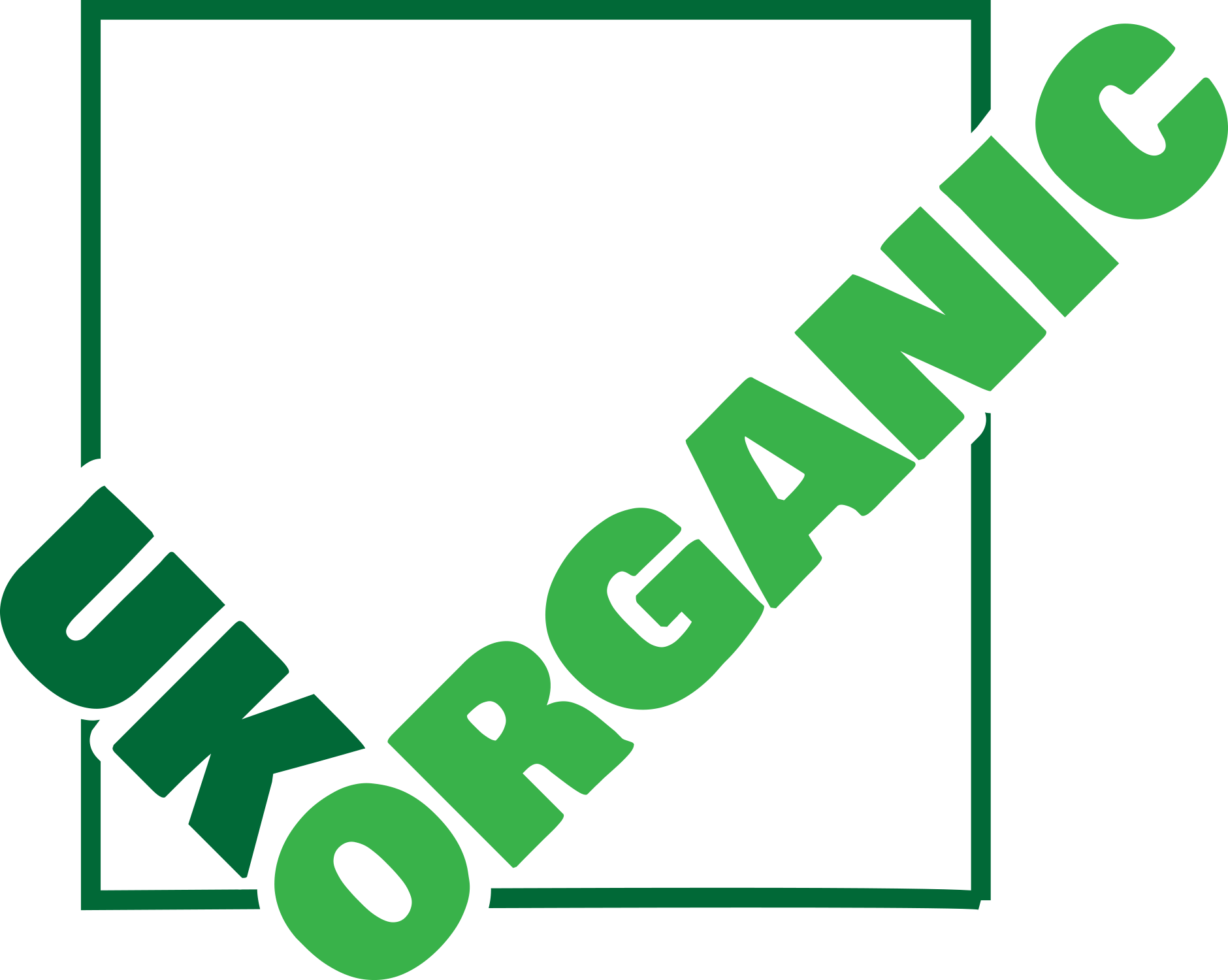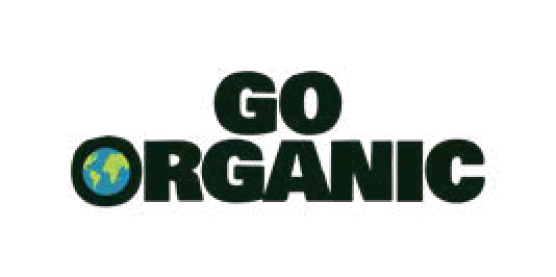Today (22nd February), Soil Association Certification launched the 25th Organic Market Report 2024 sponsored by RB Organic Ltd, which reveals that the organic food and drink market has delivered its 12th year of positive growth despite the global political and economic turmoil and the cost of living crisis at home. The total market grew 2% in 2023 ending the year at £3.2 billion – almost double its value in 2011.
- Organic market increased 2% in 2023 reaching £3.2 billion following 12 years of consecutive growth with increasing consumer demand for healthy and sustainable products
- Sales of organic in supermarkets now worth £2 billion up 2.7%1 – following downturn in 2022
- But organic farming stuck on 3% of UK farmland – as the market relies heavily on imports
- Grassroots innovation revealing a way forward to unlocking organic’s true potential
However, despite this solid performance, the sector’s heavy reliance on imports means that many farmers are currently missing out on the potential benefits organic can bring to their business – and the UK environment in turn is missing out on the benefits organic can bring for nature. Shopper spend on organic is a third higher versus five years ago, but UK organic farmland has stayed at a static 3%.
Soil Association Certification Commercial Director Alex Cullen said: “Organic has delivered a positive and resilient performance despite challenging financial and political conditions and without the support that organic food and farming receives in Europe and elsewhere in the world. The market and macro trends are pointing to an upward trajectory but there are still many challenges and barriers to the level of growth that UK organic should be delivering for farmers – with price the biggest barrier.
“We need a radical rethink if organic is going to reach its full potential and bring organic farming into the mainstream. The entire supply chain must work together to grow the market and unlock demand for homegrown UK organic fresh produce, supported by the government. And we can learn valuable lessons from Europe where there is greater support and commitment from governments and retailers for farmers and from some exciting innovations taking place right here across the UK – to make organic more available and affordable.”
ORGANIC MARKET 2023 HIGHLIGHTS
• Organic supermarket sales returned to growth after a dip in 2022 and now worth £2 billion up 2.7% (1)
• Independent retail is buoyant with sales rising 10% to £475 million
• Food service, which saw exceptional growth in 2022 of 156%, remained stable in 2023
• Home delivery faced a tougher year after its phenomenal growth during the pandemic, however, online is continuing to be a strong performer – 22% of all supermarket organic sales are made through this channel (2)
• Organic also saw encouraging growth on Amazon with products certified to Soil Association standards enjoying a 10% sales boost
• Organic certified beauty and wellbeing is now worth £136 million – a decline of 8% although there were positive successes such as mother and baby care which grew 65%.
• Organic certified textiles saw sales grow 8% to £100m.
Despite the cost of living crisis and spiralling food bills shoppers are increasingly demanding healthy and sustainable choices – the percentage who said sustainability was a key factor for them jumped from 24% in 2022 to 33% in 2023(3).
ORGANIC SALES
Sales of organic fresh produce have slipped in supermarkets as retailers have price-matched Aldi on conventional lines. This appears to have exaggerated the price premium on organic products making them look more expensive to customers.
Farmgate prices for organic should attract a modest premium to reflect the high environmental and animal welfare standards required by organic assurance. However, new information comparing the 2023 farmgate premium to the price customers pay in the supermarket for organic suggests that some premiums being charged by retailers are significantly out of kilter and warrants closer scrutiny.
Supermarket pricing in other major markets including many EU countries have reduced the relative premium and unlocked growth in core organic lines. Highlighting a real opportunity for UK retailers to make organic more affordable for shoppers.
Cullen said: “Food is not a particularly profitable sector, the recent Competition and Markets Authority investigations have been clear. Of course, every player in the supply chain needs to make a profit but when price is the biggest barrier to scaling the most sustainable and trustworthy farming system we have, there need to be more questions about what it would take to achieve economies of scale. We are undertaking thorough research to understand fully what is happening and how this is impacting organic sales.”
ORGANIC FARMLAND
The amount of UK organic land grew by 0.4%, remaining flat at 3% – despite a growing organic market. This compares with Europe where the latest figures show that organic farmland grew by 5.1% to 16.9 million hectares or 10.4% of total farmland in 2022(4).
ORGANIC FOR ALL
The whole organic sector is coming together around the Soil Association Group’s vision of ‘Organic For All’ which was launched to the industry last November.
Cullen said: “We have spent the last few months getting our heads together to understand the barriers and what is required to make organic accessible, affordable and available to all. The next stage is to engage with government and supply chains to build a shared plan. We are getting some of the major retailers and organic brands around the table, they are a vital part of the solution.
We have also explored shining examples of innovation and growth across Europe where retailers and governments are getting behind organic. Countries like Austria and Germany have gone beyond the EU’s own targets for organic farmland to grow to 25%, instead pushing for 30%, and in Italy discounters Eurospin and Lidl have been instrumental in driving 12% growth in organic sales.
PENNY, a leading German discount supermarket, launched its ‘true cost’ trial to highlight the impact of food products on climate and health. The prices of nine products from their organic and conventional ranges were increased to reflect this additional cost. This doubled the price of lines with a big environmental and health footprint and saw more moderate price increases on organic and other sustainable choices. The retailer also claims in its advertising that it’s cheaper to do an organic shop with them than a branded one.
These examples, together with a patchwork of innovation at a local level here in the UK, are demonstrating how growth is possible when supported and scaled. Such as Unicorn Grocery in Manchester who are going head-to-head with the supermarkets and beating them on organic produce prices, and Food Sense Wales who are creating local supply chains delivering local grown organic vegetables to schools in Cardiff. We are committed to collaborating with the supermarkets to share and develop this kind of innovation as we come out of the cost of living crisis. A rebalancing of the price and availability of organic foods will drive further strong demand and unlock the benefits for people, nature and the planet.”
1) Nielsen IQ Scantrack data for the Organic category Soil Association defined for the 52 week period ending 30 December 2023 for the Great Britain total retail market (copyright @2024 The Nielsen IQ Company)
2) Nielsen IQ Homescan Food & Drink Share of Trade, data for the organic category Soil Association defined, 52 week to Dec 30 2023
3) Worldpanel Division, Kantar, Europanel, GfK – Who Cares? Who Does?
4) https://statistics.fibl.org.
YOU CAN DOWNLOAD THE FULL MARKET REPORT HERE.
The report is free for organic businesses certified by Soil Association Certification (licence number required) or costs £150 +VAT to purchase for non-licensees.


